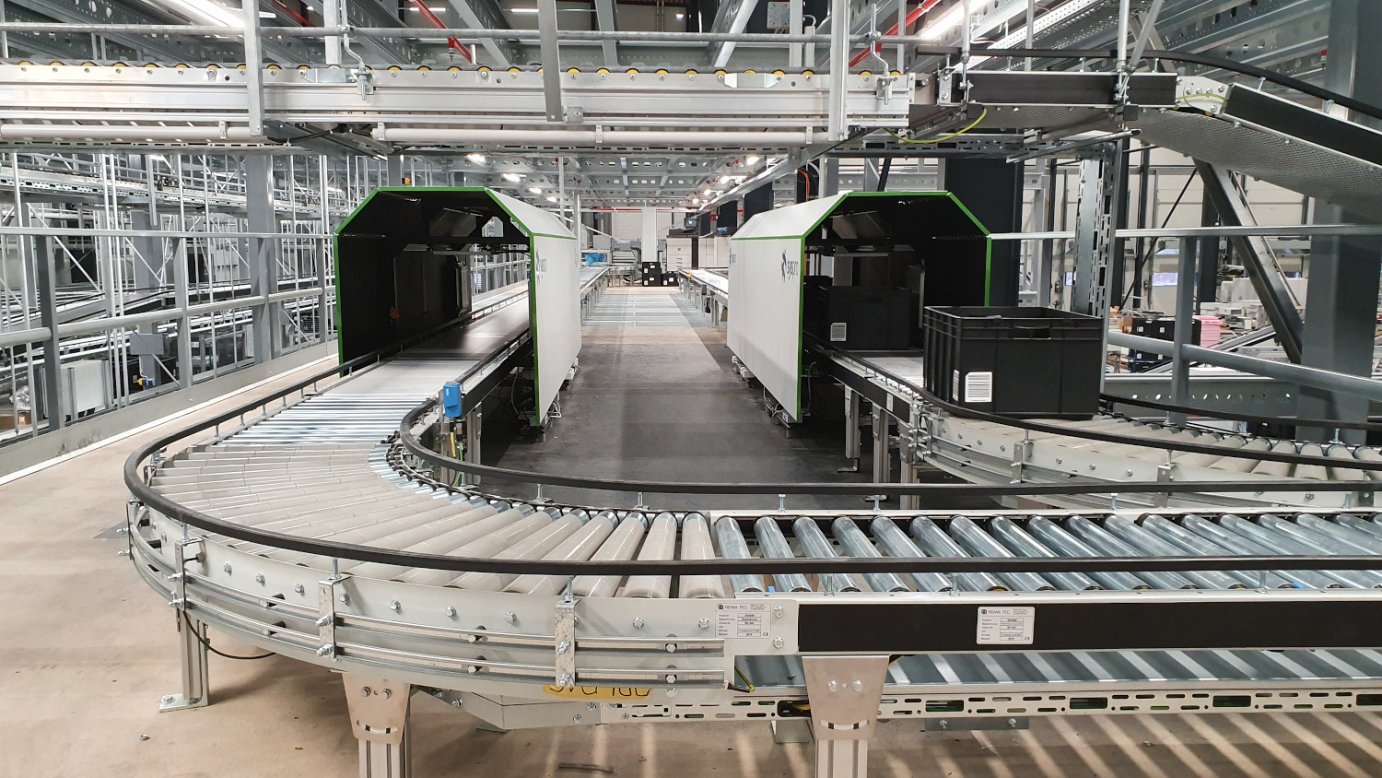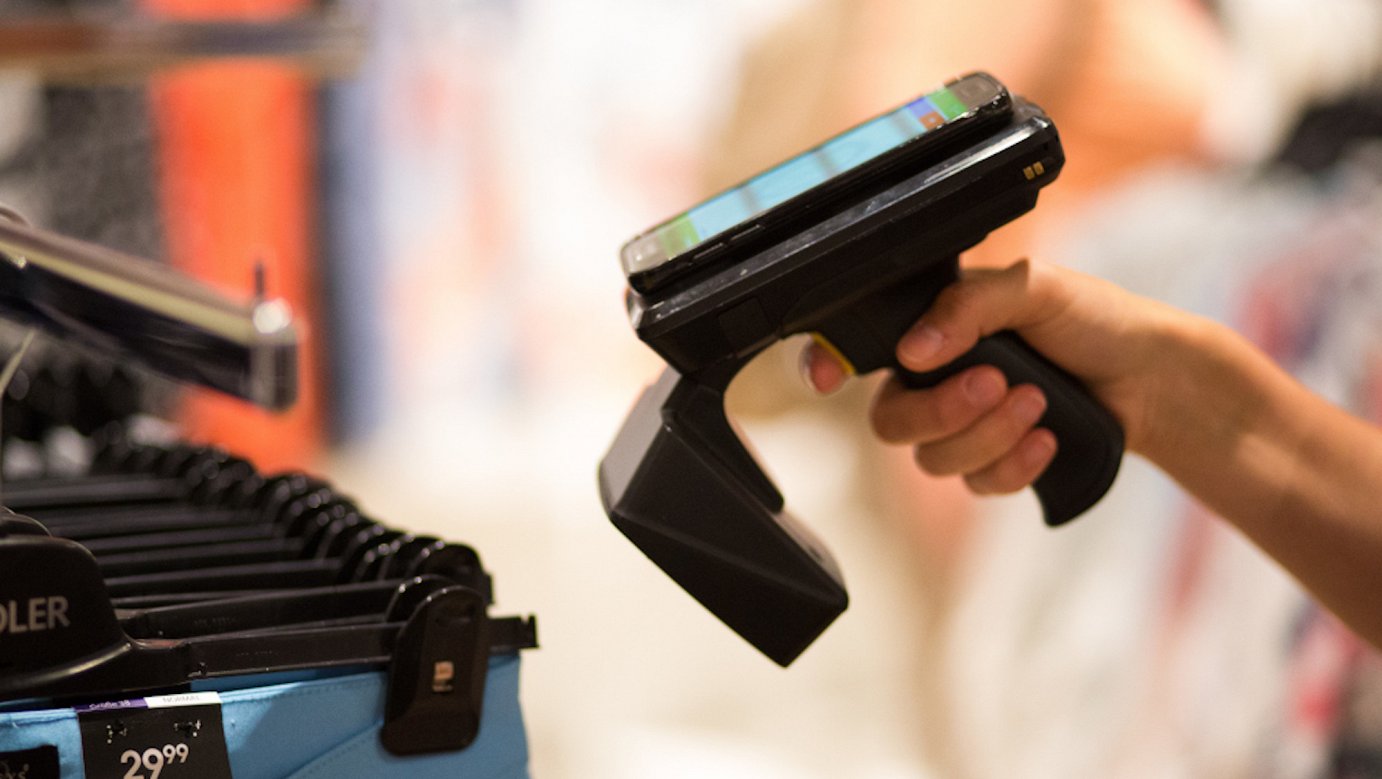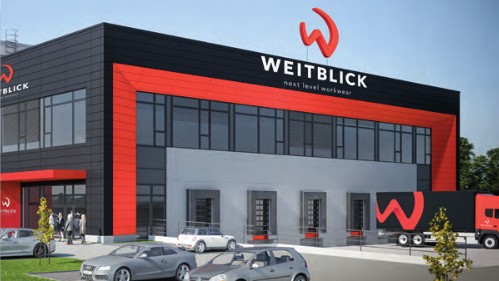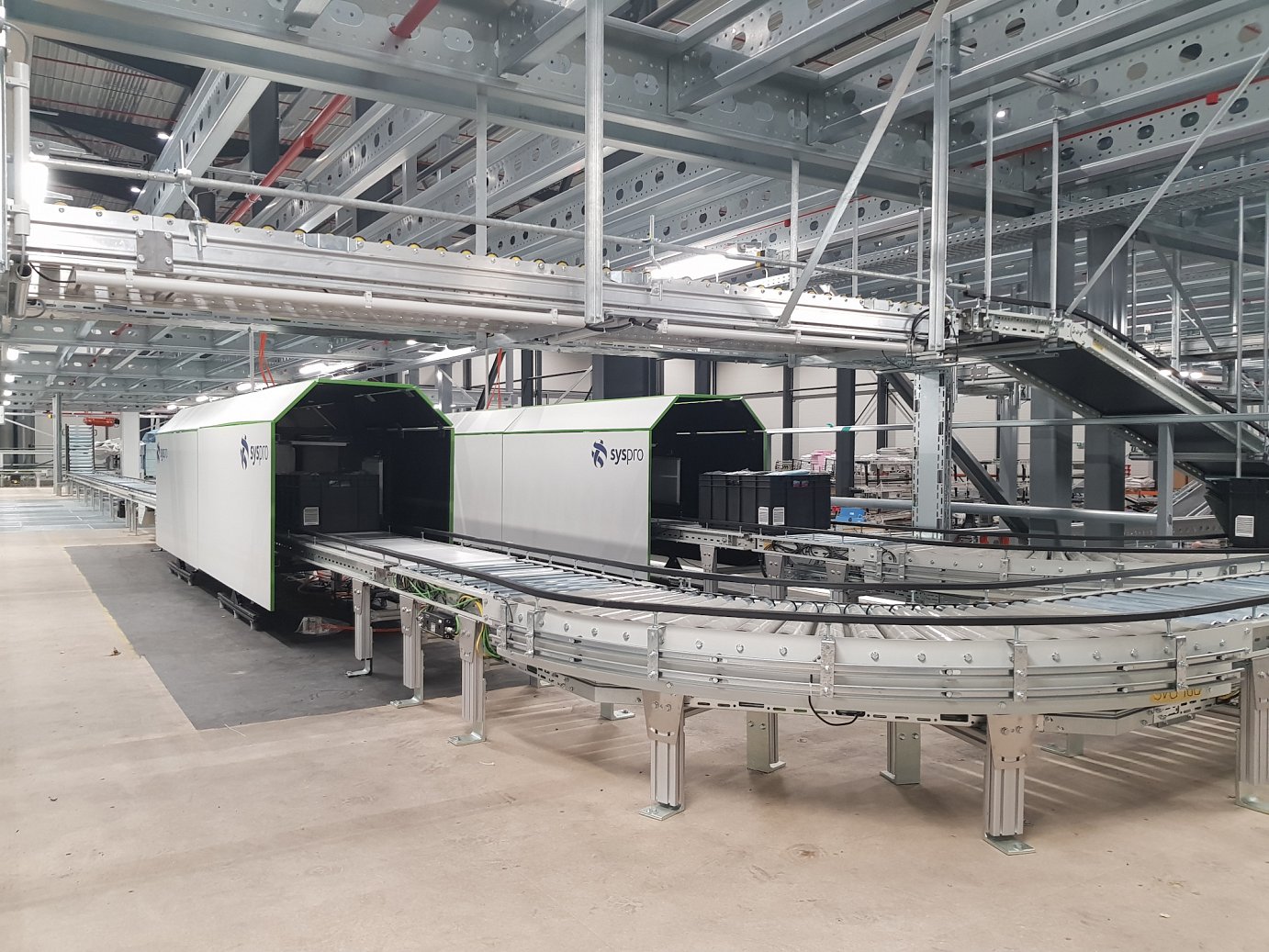Efficient and secure logistics with RFID
Retail is becoming more complex. Retailers and brands that are successful in omnichannel commerce often have a hybrid logistics infrastructure. This is because both B2C and B2B business need to be handled efficiently and securely - with increasing cost pressure on logistics.
E-commerce in particular is increasing the pressure: decreasing fault tolerance and high expectations from end consumers in terms of speed and, on the other hand, pressure from online marketing and purchasing/merchandising on the inventory accuracy of available items are challenges in logistics. Last but not least, high process costs, e.g. in returns processing, are on the agenda of new logistics concepts.
It is not surprising that the majority of the largest and most successful fashion brands now rely on RFID.
Because RFID can be used to automate both outgoing and incoming goods inspections. With RFID, almost every process step in the value chain can be tracked if required. This means that not only can errors be detected automatically, but ideally even the causes of the errors can be traced more easily.
And the "black sheep" are also detected at the end of the chain: whether it's returns, fraud prevention, or tracking who is selling your brand abroad via Farfetch, for example.
Your benefits:
|
|
Zero errors in logistics |
|
|
Efficiency and cost savings through automated processes |
|
|
Reduced complexity in the supply chain |
|
|
Contactless tracking of all goods movements |
|
|
Fraud detection |
|
|
Identification of specific articles based on sGTIN |
|
|
Significantly increased efficiency in the processing of returns |






